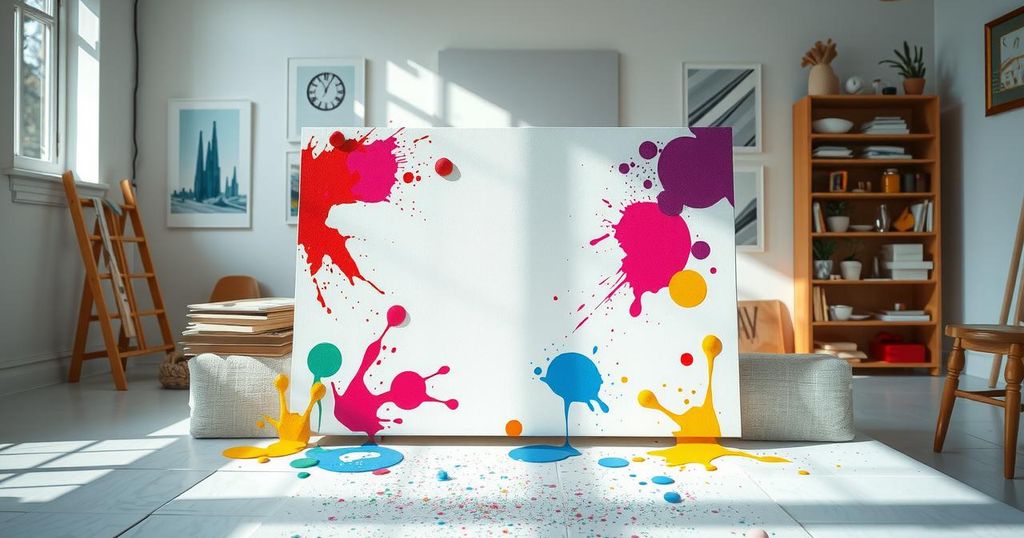Argentina’s Deregulation Minister, Federico Sturzenegger, announced the elimination of state control over cultural activities, a system established during the Onganía dictatorship. The new decree allows artists to receive royalties directly without intermediaries, breaking the monopolistic hold of collective management societies. This reform aims to enhance artistic freedom and individual rights in the Argentine creative sector.
Federico Sturzenegger, Argentina’s Deregulation Minister, announced the abolition of state-imposed restrictions on cultural activities that originated during the dictatorship of General Juan Carlos Onganía (1966-1970). This new Presidential Decree from Javier Milei aims to liberate Argentine culture from decades of governmental control, as stated by Sturzenegger. He pointed out that previously, the State dictated the income of artists, compelling them to relinquish their rights through state-sanctioned organizations.
Sturzenegger criticized the prior system as “perverse,” stating it intensified under Kirchnerism, which further restricted artistic freedom while masquerading its intentions to support creativity. He emphasized that governments exploited artists by manipulating payments and creating a funding pool that disproportionately benefited those in power. This centralized control led to a harmful environment for artistic expression.
For years, collective management societies (SGC) like SADAIC, SAGAI, AADI-CAPIF, DAC, and ARGENTORES held monopolies over copyright representation and fee structures. Musicians were required to obtain permission from SADAIC for any arrangements of their own compositions, creating obstacles in earning royalties. Sturzenegger highlighted the elimination of intermediaries in royalty collection, enabling artists to receive their earnings directly.
The libertarian government’s initiative nullifies these monopolies, empowering creators to negotiate private agreements without the interference of management societies. Artists can now reap the full rewards of their work and choose their representation freely. Sturzenegger articulated this shift as a departure from over fifty years of cultural oppression, marking a significant turn towards artistic autonomy in Argentina.
In conclusion, the recent decree by Argentina’s government marks a critical step in dismantling long-standing monopolies that restricted artists’ rights and earnings. By eliminating state control over copyright management, the government aims to restore freedom to creators, allowing them to negotiate their terms and directly collect royalties. This reform endeavors to foster a more independent and vibrant cultural landscape in Argentina.
Original Source: en.mercopress.com




